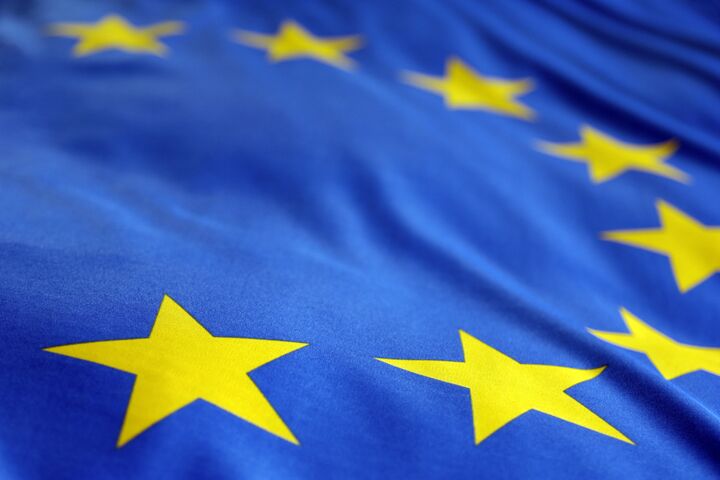
EU to Crack Down on Illegal Immigration
German Chancellor Angela Merkel will be perhaps the busiest European Union president in the EU’s short history. Toward the top of her long list of hefty goals—which include rescuing the widely disputed EU constitution—is solving the burgeoning problem of illegal immigration in Europe.
The problem is not small. About half a million illegal immigrants enter the EU each year.
Speaking to fellow EU interior ministers last week, German Interior Minister Wolfgang Schäuble revealed the importance Merkel’s presidency will place on dealing with illegal immigration, warning that EU member nations should be prepared to toughen their approach. As the EU expands, stated Schäuble, “the German presidency will put a lot of emphasis on fighting illegal immigration across the Mediterranean but also from the East.”
Schäuble’s remarks preempted the informal meeting of EU interior and justice ministers he hosted this week in Dresden, in which illegal immigration was high on the agenda. Schäuble reinforced the need for solidarity and support against illegal immigration among member nations. “We have to support one another,” he said. “That means if a member state is faced with a difficult situation, that member state should be able to count on support.”
The EU’s migration and security commissioner, Franco Frattini, also addressed the gathering, warning member nations that unless urgent action is taken now, border patrols will be unable to cope with the surge of tens of thousands of migrants expected this summer. Mr. Frattini warned member states that they must provide the agency with hardware no later than April if it was to be prepared for the “massive flows of illegal migrants.” The Italian minister also told officials, “It’s absolutely impossible to refuse cooperation in terms of concrete instruments,” adding urgently, “I’m talking about vessels. I’m talking about helicopters.”
At the meeting, Mr. Frattini encouraged member states to throw more support behind Frontex, the EU’s largely ineffective and under-equipped border security agency that is responsible for coordinating border patrols. EU officials also discussed other ways—such as boosting funding, resources and cooperation for the Europol police network—to enhance cooperation and improve efficiency in handling the growing number of migrants illegally seeking sanctuary in Europe. Strengthening cross-border cooperation among member nations was one of the primary themes of the meeting.
The issue of illegal immigration in Europe must be seen in the context of the demographic catastrophe inflicting the Continent. The populations of European nations are declining; the fertility rates of all EU countries are below replacement level. Meanwhile, decades of liberal immigration laws have allowed immigrant populations (particularly Muslims) to form large segments of European society. Immigrants both legal and illegal now have a significant place and role in European nations.
European leaders realize they need more people, but they know an influx of foreigners from Africa, the Middle East and Eastern Europe—many of whom practice different religions, possess different customs and subscribe to different laws—is not the solution the Continent is looking for. While a surge of immigrants into European countries may fill a temporary need for workers, immigration, especially illegal immigration, is costing European governments money and time. More importantly, however, Europe’s leaders are growing increasingly aware that the constant inflow of foreigners—with their foreign customs, religions and cultures—threatens to marginalize and choke those customs, laws, cultures and religion that have traditionally defined Europe.
The hand-wringing over the issue of immigration policy highlights growing cultural tensions and portends a far more significant cultural clash between Europeans and non-Europeans.
